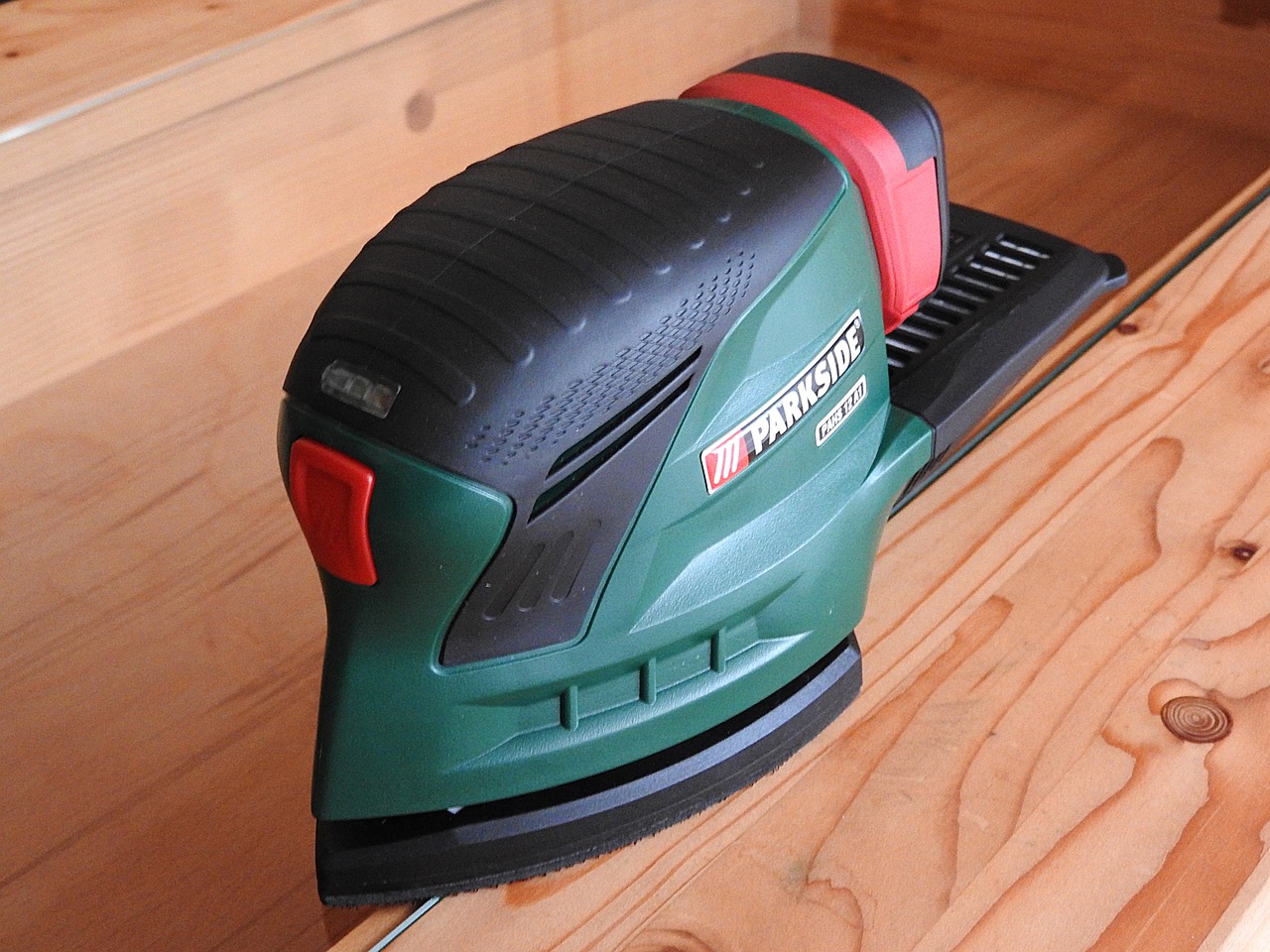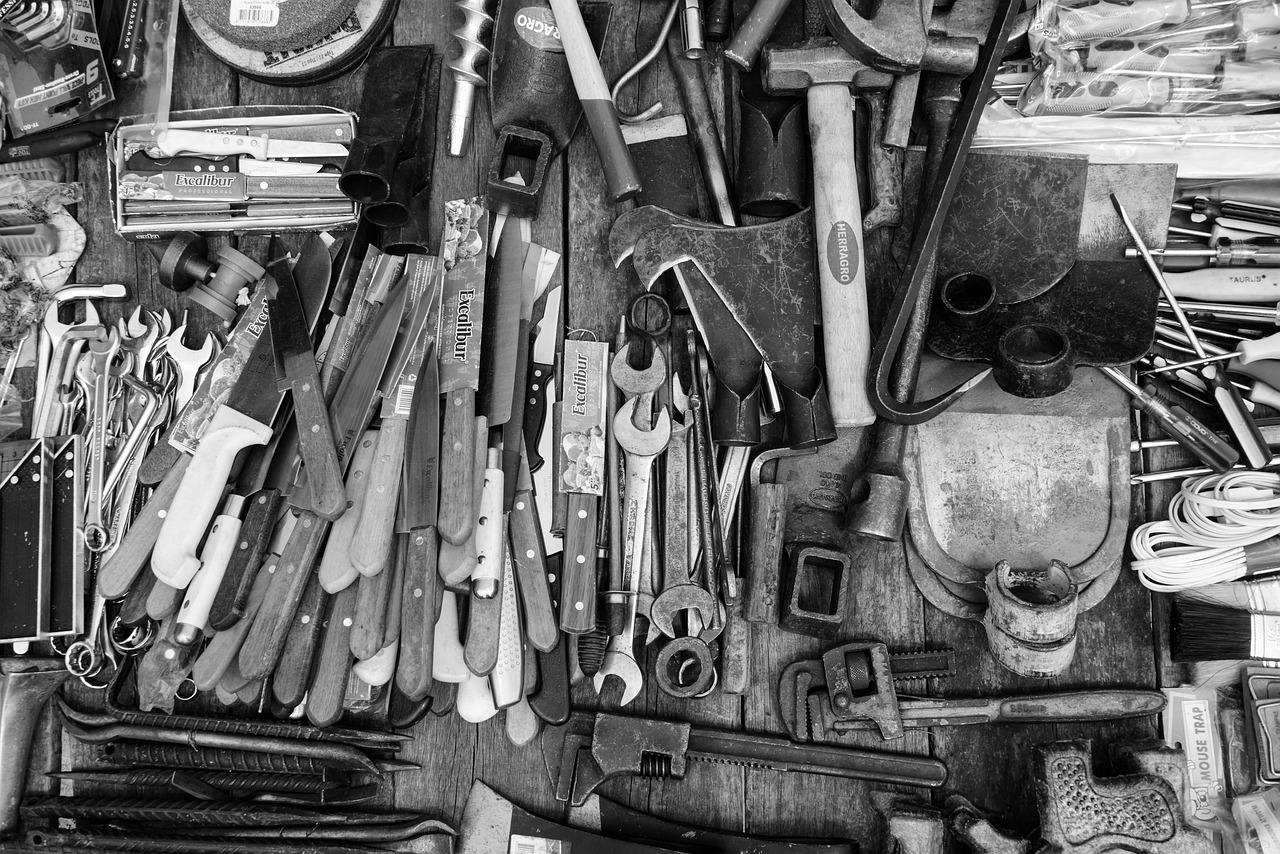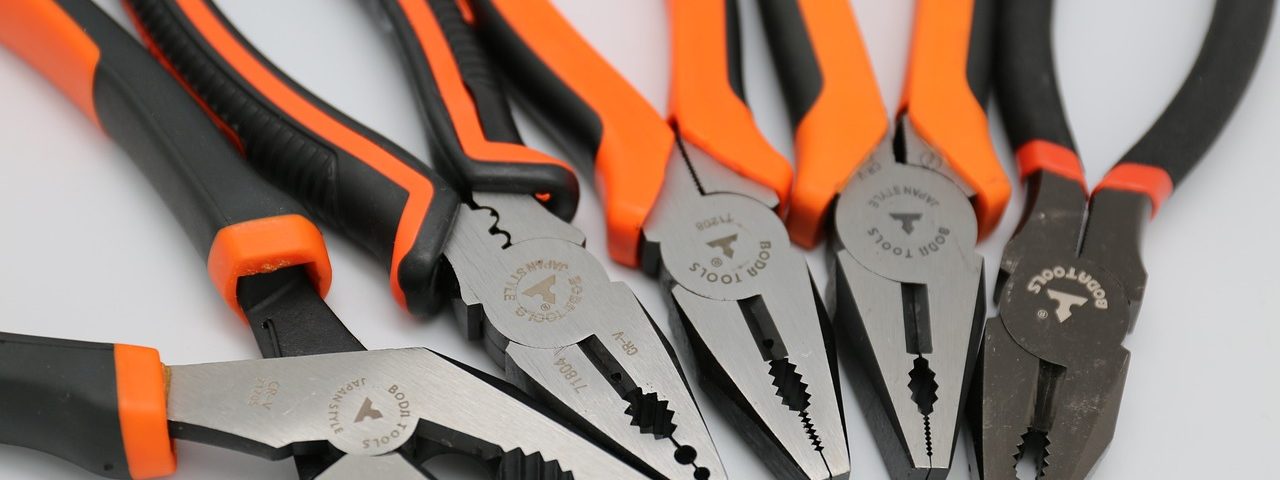A well-equipped toolbox is the cornerstone of any successful home improvement project. Having the right essential hand tools for home improvement not only makes DIY tasks more manageable but also significantly improves efficiency and results. From simple repairs to complex renovations, these tools empower homeowners to tackle a wide range of projects with confidence. By investing in quality hand tools, you’ll be prepared to handle unexpected repairs and embark on exciting home improvement journeys.
Basic Hand Tools Every Homeowner Should Own
Hammer and Nails
A reliable hammer is indispensable for any toolbox. Different types serve various purposes:
- Claw hammer: Ideal for general carpentry and removing nails
- Ball-peen hammer: Perfect for metalworking and shaping metal
- Rubber mallet: Used for gentle tapping without damaging surfaces
Essential nails and their applications:
- Wood nails: For general woodworking projects
- Finishing nails: For trim work and delicate woodworking
- Roofing nails: Designed for roofing materials
- Drywall nails: Specifically for hanging drywall
- Masonry nails: For use with concrete and brick
Screwdrivers and Screws
A comprehensive set of screwdrivers is crucial for any home toolkit. The two main types are:
- Flathead screwdrivers: For slotted screws
- Phillips screwdrivers: For cross-head screws
| Screw Type | Best Use |
|---|---|
| Wood screws | General woodworking projects |
| Drywall screws | Hanging drywall and other sheet materials |
| Machine screws | Fastening metal components |
| Deck screws | Outdoor projects and deck building |
| Sheet metal screws | Joining thin metal sheets |
Pliers and Wrenches
These versatile tools are essential for gripping, bending, and tightening various materials.
Types of pliers:
- Needle-nose pliers: For precise work in tight spaces
- Slip-joint pliers: Adjustable for various sizes
- Locking pliers: Provide a firm grip on objects
Types of wrenches:
- Adjustable wrench: Versatile for various nut and bolt sizes
- Socket wrench: Efficient for quickly tightening or loosening nuts
Common tasks requiring pliers and wrenches:
- Tightening loose bolts
- Gripping and bending wire
- Holding materials while gluing
- Removing stubborn nails or screws
- Adjusting plumbing fixtures
Measuring and Marking Tools
Tape Measure and Ruler
Accurate measurements are crucial for successful home improvement projects. A tape measure is an indispensable tool for most tasks.
| Tape Measure Length | Ideal Use Case |
|---|---|
| 12 feet | Small indoor projects |
| 25 feet | General household use |
| 50 feet | Outdoor projects and construction |
| 100 feet | Large-scale landscaping |
A ruler complements the tape measure for smaller, more precise measurements and drawing straight lines.
Level and Square
Ensuring projects are level and square is vital for professional-looking results.
Tips for effective use of levels and squares:
- Use a spirit level to check horizontal and vertical alignments
- Employ a laser level for larger areas or when working alone
- Utilize a combination square for marking 45 and 90-degree angles
- Check for level at multiple points to ensure accuracy
- Use a plumb bob for vertical alignment in tight spaces
Cutting and Shaping Tools

Hand Saws
Different hand saws are designed for specific cutting tasks:
- Crosscut saw: For cutting across wood grain
- Rip saw: For cutting along wood grain
- Coping saw: For intricate curved cuts
- Hacksaw: For cutting metal and plastic pipes
Materials best suited for each saw type:
- Crosscut saw: Lumber, plywood, MDF
- Rip saw: Hardwoods, softwoods
- Coping saw: Trim work, decorative woodworking
- Hacksaw: Metal pipes, plastic conduits, bolts
Utility Knife
A utility knife is one of the most versatile tools in your arsenal. Its replaceable blades make it ideal for various cutting tasks.
| Blade Type | Best Application |
|---|---|
| Standard | General-purpose cutting, opening packages |
| Heavy-duty | Cutting thick materials, carpet |
| Snap-off | Precision cutting, crafts |
| Hooked | Cutting roofing materials, linoleum |
| Serrated | Sawing through tough materials |
Chisels
Chisels are essential for precise woodworking and carpentry projects.
Types of chisels and their purposes:
- Bench chisels: General-purpose woodworking
- Mortise chisels: Creating deep, square holes
- Paring chisels: Fine, detailed work
- Corner chisels: Cleaning out 90-degree corners
- Skew chisels: Cutting at an angle, often used in woodturning
Fastening and Assembling Tools
Clamps and Vises
Clamps and vises secure materials, allowing for precise work and proper drying of adhesives.
Types of clamps and their best uses:
- C-clamps: Versatile for various materials and thicknesses
- Bar clamps: Ideal for large woodworking projects
- Spring clamps: Quick application for light-duty tasks
- Pipe clamps: Adjustable for long glue-ups
- Corner clamps: Perfect for joining materials at right angles
A bench vise provides a stable work surface for cutting, drilling, and sanding tasks.
Allen Wrenches and Torx Keys
These tools are crucial for assembling furniture and working with specialized fasteners.
| Tool Type | Ideal Applications |
|---|---|
| Allen wrenches | Assembling IKEA furniture, adjusting bike components |
| Torx keys | Working on electronics, automotive projects |
Maintenance and Safety Tools

Tool Sharpeners
Keeping tools sharp ensures efficient and safe operation.
Common sharpening tools and their uses:
- Whetstone: For sharpening knives and chisels
- File: Ideal for sharpening saw teeth and axes
- Electric bench grinder: Quick sharpening for various tools
- Honing oil: Used with sharpening stones for smoother results
- Sharpening rod: For maintaining kitchen knives
Safety Gear
Prioritizing safety is crucial in any home improvement project.
| Safety Gear | Tasks Requiring Use |
|---|---|
| Safety goggles | Cutting, drilling, sanding |
| Work gloves | Handling rough materials, using power tools |
| Ear protection | Using loud power tools |
| Dust mask | Sanding, working with insulation |
| Steel-toe boots | Heavy lifting, construction work |
Specialty Tools for Advanced Projects
Pipe Wrench and Plumber’s Tape
These tools are essential for plumbing-related home improvement tasks.
Common plumbing projects requiring these tools:
- Replacing faucets
- Fixing leaky pipes
- Installing new fixtures
- Tightening pipe connections
- Sealing threaded pipe joints
Stud Finder and Electric Tester
These tools are crucial for projects involving walls and electrical work.
Tips for effective use:
- Calibrate the stud finder on a known empty wall section
- Mark stud locations with painter’s tape for easy reference
- Always test electrical wires before touching them
- Use a non-contact voltage tester for added safety
- Verify results with multiple passes to ensure accuracy
Conclusion
Building a comprehensive collection of essential hand tools for home improvement is a worthwhile investment for any homeowner. From basic repairs to complex renovations, having the right tools at your disposal will save time, money, and frustration. Start with the fundamental tools outlined in this guide and gradually expand your toolkit based on the specific projects you undertake. Remember, quality tools, when properly maintained, can last a lifetime and contribute to the success of countless home improvement endeavors. As you build your collection, you’ll gain the confidence to tackle increasingly challenging projects, transforming your living space and potentially increasing your home’s value.

